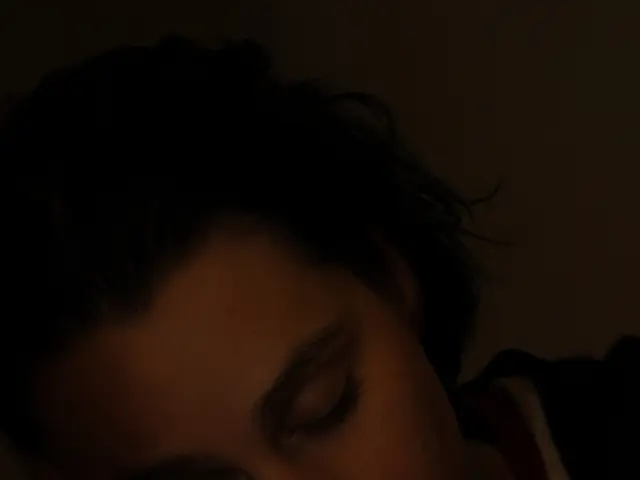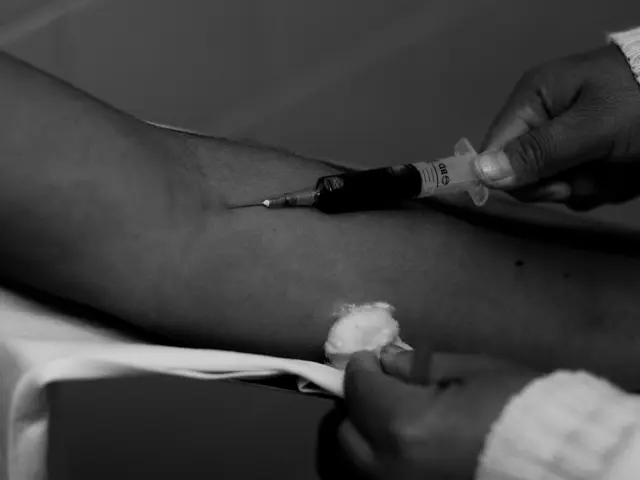Hormone Therapy: A Vital Tool in Fighting Breast Cancer
Hormone therapy is a crucial treatment for breast cancer, particularly for those with hormone receptor-positive (HR-positive) tumors, which account for about 70% of all breast cancers. This therapy works by blocking hormone production or preventing hormones from attaching to receptors, thereby controlling and destroying cancer cells.
Hormone therapy drugs help shrink, control, and destroy cancer cells, and also lower the chance of recurrence. They can be used before or after surgery and radiation to shrink tumors or lower the risk of cancer spreading, significantly decreasing cancer-related deaths and prolonging life for those with metastatic breast cancer.
There are different types of hormone therapy, including selective estrogen receptor modulators, selective estrogen receptor degraders, and aromatase inhibitors. Each has specific mechanisms and side effects, which are considered based on menopause status. Doctors may also recommend certain drugs, such as tamoxifen, for those at high risk of developing breast cancer to lower the chances of it occurring in the first place.
The most common type of hormone therapy recommended for breast cancer with positive hormone receptors is antiestrogen therapy, such as with tamoxifen or aromatase inhibitors, depending on the patient's menopausal status. Hormone therapy that starts before surgery or radiation treatment is called neoadjuvant therapy, and when it starts after, it's called adjuvant therapy. It's important to note that hormone therapy for breast cancer is not the same as hormone replacement therapy (HRT) used for menopause.
Hormone therapy is a vital tool in the fight against breast cancer, especially for those with HR-positive tumors. It helps to shrink and eradicate tumors, prevent future tumor growth, and lower the risk of breast cancer developing in high-risk individuals. By blocking hormone production or preventing hormones from attaching to receptors, hormone therapy significantly improves outcomes for many breast cancer patients.








